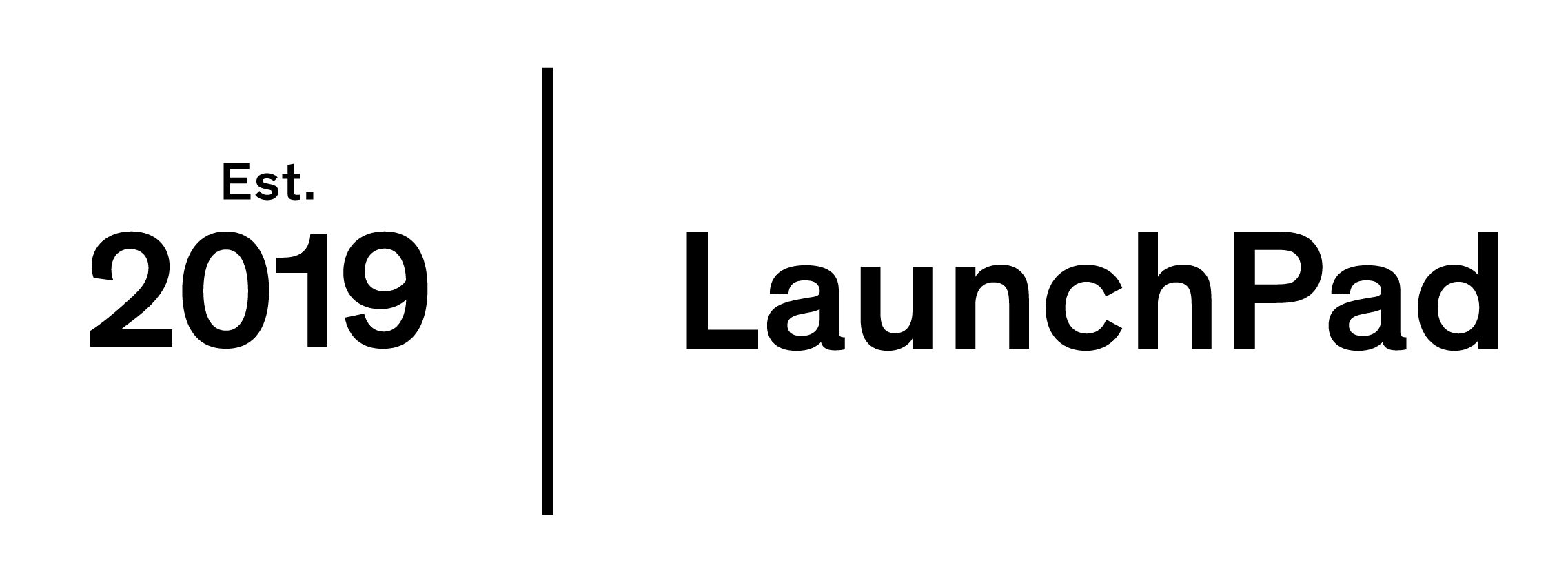Professionalism is a word that you have heard batted about for years, since secondary school or college. You know that there is a need for it if you want to be successful in the world of business, but what is professionalism and when do you need to use it?
Firstly, no matter where you are working, or planning to work, professionalism applies; from the deli counter at the supermarket to the reception in the doctor’s surgery, the secondary school classroom to the central London bank.
Professionalism is working with the skill and competence expected of a professional, and it must start from the very first conversation; that doesn’t mean the first conversation face to face, but any email contact or phone call too. If you’re not in work yet, don’t think that you can leave “getting professional” until you’ve got that dream job, otherwise you’ll never get there. Professionalism is just as important as that well written CV and excellent application form. You might have every qualification on their tick list, but if you lack professionalism they won’t be hiring you. Professionalism is a skill that can be developed and improved over time; it requires work and effort.
Professionalism in the interview
You don’t have to wait until you are at the interview to show your professional edge. If an emergency occurs that means that you can no longer make an interview then don’t forget that professionalism is still necessary. It is vital that you inform them in advance of the interview time that you will no longer be able to attend and send your apologies. If you have decided to no longer attend the interview then this is still an important thing to do. You don’t know who the employer will be speaking to about you, or whether you may go for a job with the company at a future point in your career. There is no point putting a black mark on your name simply to save you a two minute phone call.
If everything goes to plan though and you make it to the interview then there are some things to bear in mind.
You might be using your best vocabulary, but if your body language and facial expressions scream, “I don’t want this job”, then they are falling on wasted ears. 55% of effective communication is done through body language, whilst only 7% is through our words. Your tone of voice also plays an important part as it makes up 38% of effective communication. Professionalism means you will put forward your best body language along with those words of wisdom. Remember, they are hiring the next walking advert for their company so they want someone who will represent them well. You will be the face of your company, the voice of it when on the phone, and the spokesperson for it when writing online. You will be the brand and therefore you will have the power to destroy it or make it soar.
This use of good body language and facial expressions shouldn’t end once the job is secured. Whatever you sell in the interview is what they expect to see at work on Monday morning, so be aware of what commitments you are making. If you say you are enthusiastic first thing in the morning then they will expect you to be enthusiastic at that hour. Being professional includes being truthful – don’t make promises you can’t keep.
Professionalism in the workplace
Now that you’ve got the job by using your professional head in the interview you can use it to retain the job. By being professional you are more likely to be promoted within the workplace, gain a better reference on leaving, etc. There can be an assumption that being professional within the workplace means being formal. In some places it is expected that you will dress formally and follow protocol in regards to company hierarchy, but this isn’t the case in every workplace. If you’re uncertain it is best to start formal and observe correct procedures overtime. This shows that you put in effort to your work and are conscientious. Also, your workplace may have a hierarchy, which you should work within, but this doesn’t mean that your respect is only needed for the people above you. You should respect your peers and those who are beneath you as well.
Office politics can be challenging and can often be the most difficult part of remaining professional. It is best to avoid being sucked into conversations of gossip regarding a co-worker or boss. When difficulties arise take your problem straight to the source and address them in an adult manner without making it office entertainment for several days first. If it doesn’t involve you then don’t try to find out.
It’s not just the office gossip that you must control, but your personal life too. Remember that your emotions shouldn’t govern your attitude in the workplace. Keeping control of your emotions in the workplace shows excellent levels of professionalism. Leave your personal issues at home. This doesn’t mean that there is no sympathy in the work place, but daily dramas shouldn’t affect your work life.
So now all there is left to do is to develop your professionalism, whether on the supermarket checkout or in the business office. Remember to use your professional edge to get ahead. Many people will have the tick list of things the employer is looking for, but you can be the one to stand out from the crowd with your professional attitude and enthusiastic outlook to work.
http://publicwords.com/the-body-language-infographic/

